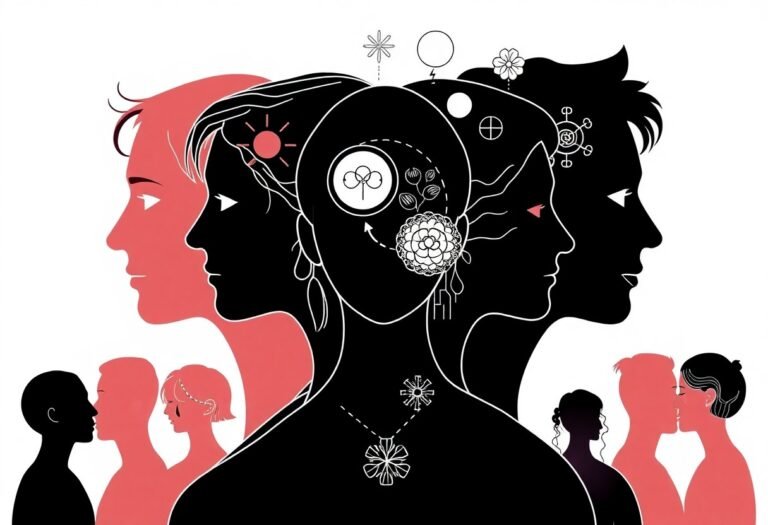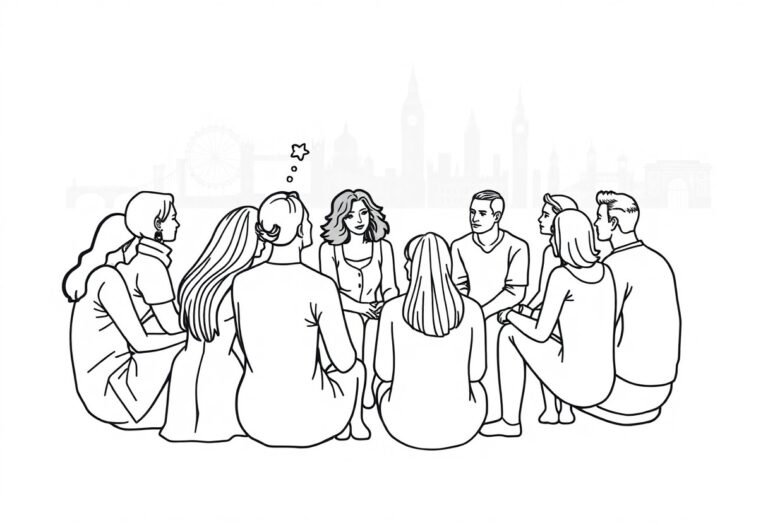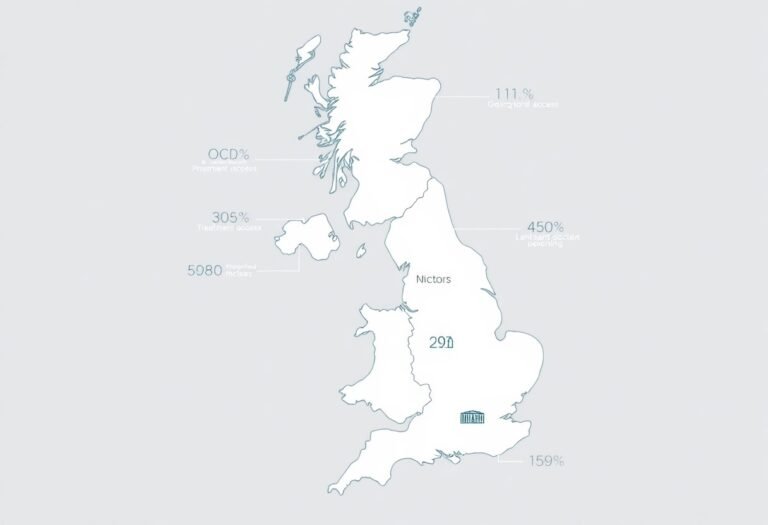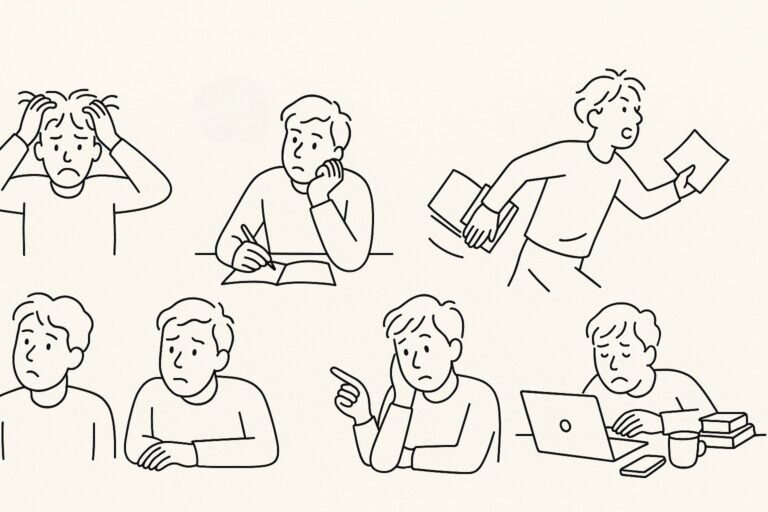Treatment Options for Eating Disorders in the UK
Many individuals facing eating disorders may feel overwhelmed by their situation, but you have access to a variety of effective treatment options in the UK. From individual therapy to support groups and nutritional counselling, understanding the right pathway for your recovery is imperative. Early intervention can significantly improve outcomes, so exploring these treatment avenues can be a positive step toward regaining your health and well-being. This post will provide you with detailed information about the various options available to help you on your journey to recovery.
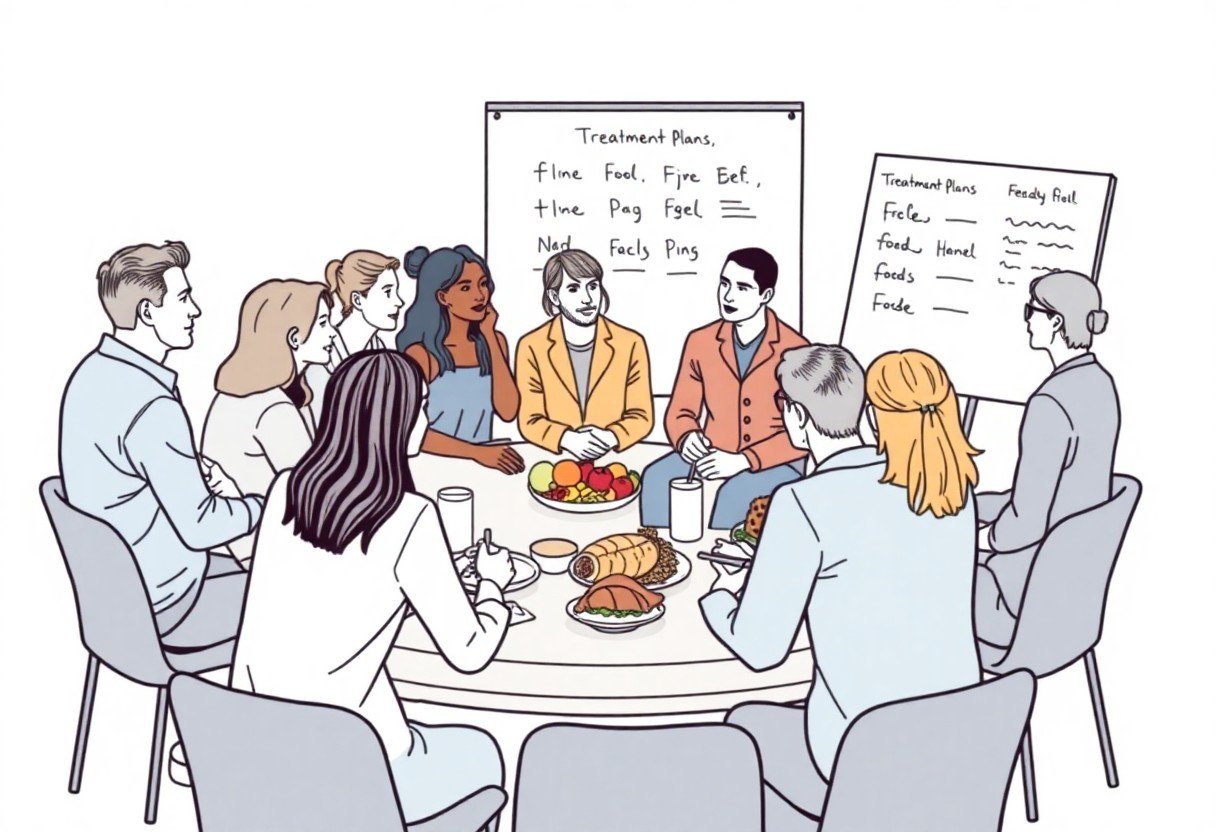
Key Takeaways:
- Eating disorders in the UK are commonly treated through a combination of psychotherapy, nutritional rehabilitation, and, in some cases, medication.
- Specialist services, such as the National Health Service (NHS) and private facilities, offer tailored treatment plans for individuals based on their specific needs and the severity of their condition.
- Evidence-based therapies like Cognitive Behavioural Therapy (CBT) have shown effectiveness in treating various eating disorders, including anorexia nervosa, bulimia nervosa, and binge eating disorder.
- Family-based treatment is increasingly recognised as beneficial, particularly for adolescents, as it involves the family in supporting the individual’s recovery journey.
- Access to treatment can vary across regions, leading to disparities; early intervention is necessary to improve outcomes and reduce the long-term impact of eating disorders.
Navigating the Maze of NHS Services
Accessing NHS services for eating disorders can feel overwhelming, given the range of different pathways and treatments available. You may need to navigate various local services and specialisation points, depending on your specific circumstances. The process usually involves working with your GP, who can guide you through the system and refer you to the most appropriate services based on your needs.
Overview of Referral Processes
Your journey typically begins with a visit to your GP, who can assess your symptoms and determine if a referral is necessary. They will consider the severity and duration of your eating disorder to connect you with the relevant mental health team, which may include community services or specialist clinics. This process is designed to ensure you receive tailored support at the right level.
How to Access Specialist Care
To access specialist care, work closely with your GP to obtain a referral to a local mental health team experienced in dealing with eating disorders. In many regions, you may also directly contact services like the Eating Disorders Association for guidance on available options and how to navigate the system efficiently. Prompt action can streamline your access to the care you need.
Accessing specialist care requires a proactive approach; some areas have limited resources which can result in lengthy waiting times. It’s wise to ask your GP about additional options, such as self-referrals or direct access to services like IAPT (Improving Access to Psychological Therapies), which may offer quicker routes to treatment. Keeping detailed notes of your symptoms and their impact on your life can also help in illustrating the urgency of your situation to healthcare providers.
Psychological Approaches That Drive Recovery
Psychological therapies are pivotal in the journey towards recovery from eating disorders. These approaches aim to address the underlying emotional and cognitive factors that perpetuate unhealthy eating behaviours. By engaging in therapy, you can learn to challenge distorted thoughts, develop healthier coping mechanisms, and rebuild your relationship with food and your body. Tailoring treatment to individual needs is vital for fostering lasting change.
Cognitive Behavioural Therapy: Evidence and Effectiveness
Cognitive Behavioural Therapy (CBT) is widely recognised as a highly effective treatment for eating disorders. Through structured sessions, CBT helps you identify and alter negative thought patterns related to food, body image, and self-worth. Studies highlight that approximately 40-60% of individuals undergoing CBT show significant improvements, making it a cornerstone of treatment in the UK.
Dialectical Behaviour Therapy: A New Frontier
Dialectical Behaviour Therapy (DBT) offers an innovative approach to treating eating disorders, especially for those with co-occurring emotional dysregulation. This therapy focuses on teaching you skills in mindfulness, distress tolerance, emotional regulation, and interpersonal effectiveness. By combining these skills, you can learn to manage intense feelings and improve relationships, vital elements in the recovery process.
DBT stands out for its structured programme, which includes individual therapy, group skills training, and phone coaching. This holistic approach allows you to apply learned skills in real-world situations, enhancing your ability to cope with the challenges of daily life. Evidence suggests that DBT may significantly reduce binge-eating episodes and improve self-esteem. With a focus on acceptance and change, this therapy cultivates a compassionate relationship with yourself, paving the way for sustainable recovery.
Nutritional Interventions: Feeding the Recovery Process
Nutritional interventions play a vital role in the recovery process from eating disorders, focusing on restoring physical health while addressing emotional and psychological aspects. A well-balanced diet not only helps to replenish the body’s nutritional deficiencies but also promotes a healthy relationship with food, providing a foundation for tackling underlying issues. Integrating meal plans that include varied food groups can enhance overall well-being and progressively support your recovery journey.
The Role of Dietitians in Treatment
Dietitians serve as necessary members of the treatment team, offering personalised dietary advice tailored to your specific needs. Their expertise enables them to create meal plans that not only consider nutritional goals but also align with your recovery objectives. They work collaboratively with you, providing education and support to ensure you understand the importance of nutrition in healing both physically and psychologically.
Meal Support Strategies and Their Importance
Implementing meal support strategies can be a transformative aspect of recovery from eating disorders. These strategies often involve structured meal times with guidance, providing the necessary support to help you cope with food-related anxiety while fostering a safe environment. Engaging in meals with a skilled professional or loved ones can significantly alleviate stress and reinforce positive eating behaviours.
Meal support strategies not only help in establishing regular eating patterns but also in building trust around food, as they create a structured atmosphere that encourages you to focus on nourishment rather than anxiety. The presence of a supportive figure during meals can facilitate discussion about feelings and thoughts that arise, allowing for the exploration of emotional connections to food. Over time, these strategies foster a sense of normalcy around mealtime, promoting healthier behaviours and enhancing mental well-being, which is integral to your recovery journey.
The Power of Group Support Networks
Group support networks offer a vital lifeline for individuals battling eating disorders. Sharing experiences with others who understand your struggles creates an environment where you can find encouragement and validation. Through group sessions, you can discuss your feelings, learn coping strategies, and feel less isolated, empowering you to address your challenges more effectively.
Benefits of Peer Support Groups
Peer support groups provide a platform for sharing insights and strategies tailored to your unique journey. Engaging with others who have had similar experiences fosters a strong sense of community and belonging. These groups encourage accountability, allowing you to track progress and celebrate achievements, big or small, alongside those who genuinely understand.
Creating a Community That Heals
Cultivating a supportive community is crucial for healing from an eating disorder. Participating in group meetings often leads to forming meaningful relationships, which can significantly impact your recovery journey. Within this space, you can explore personal narratives, share both struggles and successes, and create bonds that instil hope, compassion, and resilience.
This healing community serves as a beacon of support where vulnerabilities are met with understanding and acceptance. For instance, one successful eating disorder recovery programme features a weekly group that combines structured discussions with informal social activities, allowing participants to bond beyond their struggles. These interactions reinforce the belief that you’re not alone and remind you that recovery is possible, often enhancing your commitment to personal growth and wellbeing.
Innovative Therapies and Future Directions
As the landscape of eating disorder treatment evolves, innovative therapies are emerging to provide new hope. Approaches such as narrative therapy aim to reshape individuals’ relationships with food and their bodies, fostering a better self-image. Integrating traditional methods with fresh ideas helps to create tailored programmes that resonate with your unique experiences and challenges.
The Role of Technology in Treatment
Digital platforms are increasingly becoming integral to your treatment journey, offering teletherapy and mobile apps that facilitate support at any time. These resources can enhance your accessibility to care while providing tools for tracking your progress and practising coping strategies, making it easier to manage your condition in your daily life.
Emerging Therapies Worth Watching
Stay informed about exciting therapies on the horizon, such as virtual reality exposure therapy, which immerses you in controlled environments to confront your fears. Additionally, intuitive eating and mindfulness techniques are gaining traction, empowering you to develop a healthier relationship with food by tuning into your body’s signals and fostering self-compassion.
For instance, virtual reality exposure therapy has shown promise in clinical settings, with studies indicating a significant reduction in anxiety levels related to eating and body image issues. As this technology advances, it may allow for more immersive experiences, helping you build resilience through gradual exposure. Meanwhile, intuitive eating encourages you to listen to your body’s needs, promoting a self-directed approach that can alleviate the rigid rules often associated with traditional dieting. These emerging therapies offer pathways to recovery that align closely with your values and lived experiences, signalling a shift towards holistic and person-centred care.
To wrap up
With this in mind, it is vital to explore the various treatment options available for eating disorders in the UK. You can engage with a combination of psychological therapies, nutritional support, and medical intervention tailored to your specific needs. Services such as Cognitive Behavioural Therapy (CBT), outpatient programmes, and residential treatment facilities provide valuable resources for your recovery. Seeking help from a healthcare professional can guide you towards the most suitable options, ensuring you receive the support needed to navigate your journey towards improved mental and physical health.
FAQ
Q: What are the primary treatment options available for eating disorders in the UK?
A: The primary treatment options for eating disorders in the UK often include a combination of psychological therapies, nutritional support, and medical intervention. Common therapeutic approaches involve Cognitive Behavioural Therapy (CBT), family therapy, and inter-personal therapy, tailored to suit individual needs. Nutritional support may include working with dietitians to develop a healthy eating plan, while medical intervention can address any physical health issues resulting from the disorder.
Q: How can I find a specialist in eating disorders?
A: To find a specialist in eating disorders, individuals can seek referrals from their General Practitioner (GP) or contact organisations such as Beat, the UK’s eating disorder charity. Additionally, there are private clinics and counselling services that specialise in eating disorders, and online directories may also provide listings of qualified professionals in your area.
Q: Are eating disorder treatments available on the NHS?
A: Yes, eating disorder treatments are available through the National Health Service (NHS). Patients typically need to be referred by their GP or another healthcare professional. Access to services may depend on the severity of the disorder, as well as local provisions. Treatment usually includes psychological therapy, access to dietitians, and, in some cases, inpatient care if required.
Q: What role does family involvement play in the treatment of eating disorders?
A: Family involvement can be significant in the treatment of eating disorders. Family-based therapy (FBT) is an effective approach for particularly younger patients, where family members are actively involved in the recovery process. The aim is to empower families to support their loved ones in making positive changes regarding eating behaviours and addressing underlying issues together.
Q: What should I do if I am worried about someone with an eating disorder?
A: If you are concerned about someone who may have an eating disorder, it is important to approach the situation with empathy and understanding. Encourage them to seek professional help by suggesting they talk to their GP or a mental health professional. Additionally, you may find it helpful to gather information from support groups or organisations focused on eating disorders, which can provide guidance on how to best support the individual.




